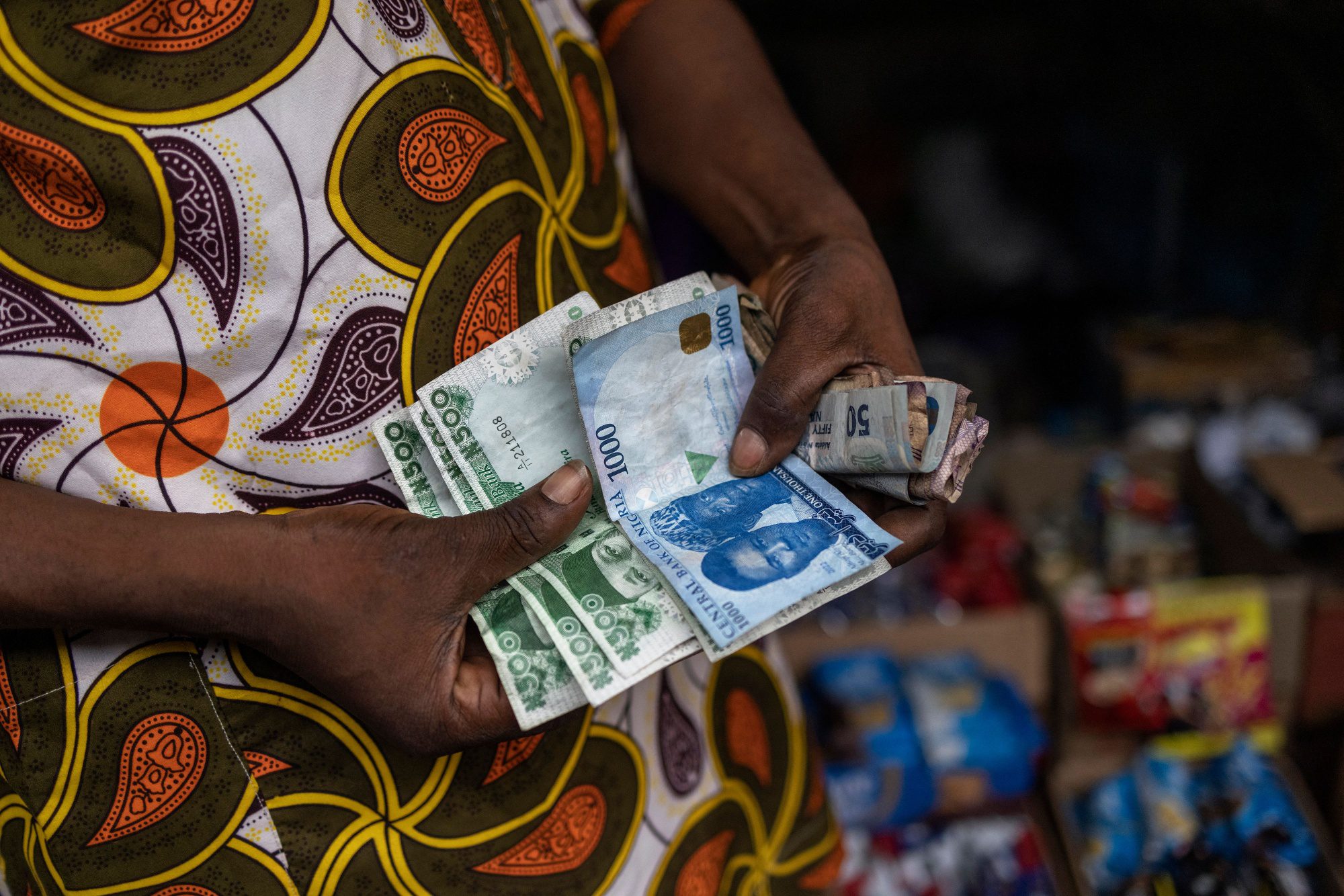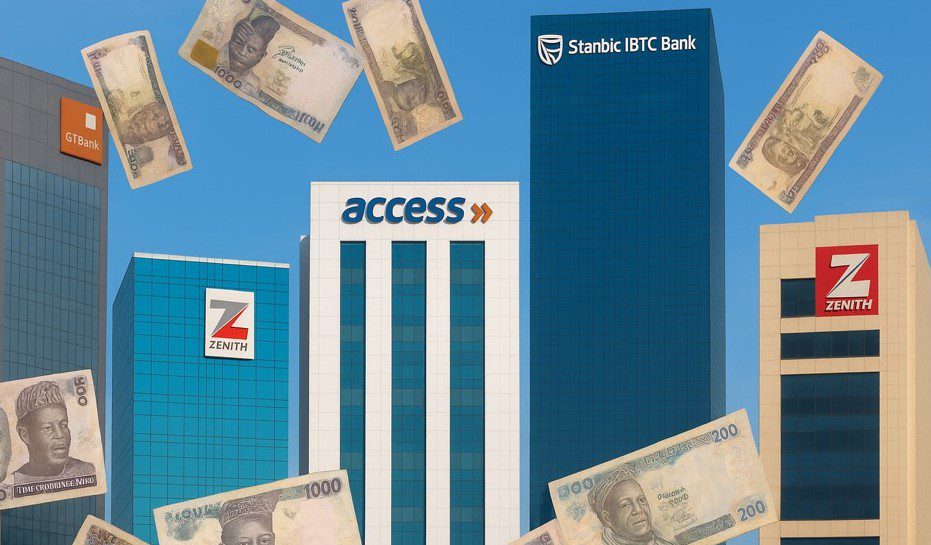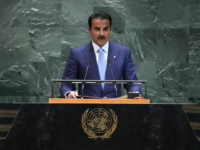The Central Bank of Nigeria (CBN) has announced a reduction in the monetary policy rate (MPR) to 27%, marking the first decline since the onset of the COVID-19 pandemic in 2020. This adjustment follows a period of stability, with the rate held steady at 27.5% during the February, May, and July 2025 Monetary Policy Committee (MPC) meetings.
During the 302nd MPC session on Tuesday, CBN Governor Olayemi Cardoso explained that the decision to lower the interest rate by 50 basis points was driven by the need to stimulate economic growth amid a gradual easing of inflationary pressures.
“The reduction in the rate is based on forecasts indicating a continued decline in inflation throughout the year, alongside the imperative to bolster economic activity,” Cardoso stated.
Prior to this cut, the MPC had maintained the rate, anticipating either stability or a potential decrease, influenced by the downward trend in inflation. Notably, inflation has fallen for five consecutive months, reaching 20.12% in August 2025, down from 21.88% in July and 22.22% in June.

Governor Cardoso emphasized that the sustained reduction in inflation over the past five months was a key factor in the MPC’s choice to ease the interest rate, aiming to support Nigeria’s ongoing economic recovery. This contrasts with last year’s scenario, where both inflation and interest rates were elevated.
In addition to the rate cut, the CBN revised the asymmetric corridor around the MPR to +250/-250 basis points. The Cash Reserve Ratio (CRR) for Deposit Money Banks was lowered from 50% to 45%, while the CRR for Merchant Banks remained at 16%, and the Liquidity Ratio was kept steady at 30%. Furthermore, a 75% CRR was introduced for non-public sector deposits.
The last time the interest rate was reduced was in September 2020, when it was lowered from 12.5% to 11.5% to cushion the economy during the height of the COVID-19 crisis.
Also Read: CBN maintains interest rate at 27.5% at 301st MPC amid economic stability efforts
Implications of the Interest Rate Cut for Nigerians and Fintech Companies
The reduction of the interest rate to 27% translates to a lighter borrowing cost for Nigerians. For instance, at the previous rate of 27.5%, borrowing N10,000 would require repayment of N12,750, including N2,750 in interest. With the new rate, the repayment amount decreases slightly to N12,700, saving borrowers N50.
This easing of borrowing costs encourages more Nigerians to pursue entrepreneurial ventures through loans, fostering business growth and enhancing overall economic vitality and consumer spending power.

However, increased money flow and higher purchasing power can exert upward pressure on inflation, as more currency chases a limited supply of goods. The CBN’s role is to maintain equilibrium by adjusting interest rates accordingly-raising them when inflation threatens to surge, thereby discouraging excessive borrowing and slowing money circulation.
For fintech companies, the interest rate cut presents a nuanced scenario. Loan providers may experience reduced profit margins due to lower interest returns but could benefit from a larger customer base as borrowing becomes more attractive. Additionally, fintech firms can leverage the lower rates to finance their operations more affordably, potentially boosting profitability through increased investment.
Moreover, a lower interest rate environment tends to enhance startup valuations and attract investors, creating favorable conditions for fintechs to secure funding and expand. Nonetheless, these benefits may be temporary, as interest rates remain subject to change based on economic conditions.
Capital Requirements Update
In the same announcement, Governor Cardoso disclosed that approximately 14 banks have met the new regulatory capital thresholds set by the CBN. In March 2024, the central bank revised minimum capital requirements, effective April 1, 2024: banks with international authorization must hold at least N500 billion, national banks N200 billion, and regional banks N50 billion to qualify for new regulatory approval.
Financial institutions have been working towards compliance ahead of the March 2026 deadline.

While the governor did not specify which banks have met the requirements, notable institutions such as Access Bank, Wema Bank, Zenith Bank, GTBank, Stanbic IBTC, Jaiz Bank, Union Bank, and Providus Bank are among those that have achieved the mandated capital base.























0 Comments